Students march for first “Take Back the Night” since overturning of Roe v. Wade
According to the Take Back the Night foundation, Take Back the Night first started in America in the 1970s after incidents of violence against women gathered media attention in Philadelphia, San Francisco and Los Angeles. In Winona, Take Back the Night has occurred since the 1980s.
April 12, 2023
If you are not a cisgendered male, chances are you know the level of hyper-awareness that comes with any time after the sun sets. Keys, pepper spray or pocket-knife in hand, head on a swivel, checking under your vehicle, locking the doors immediately after climbing into the driver’s seat and speed walking like your life depends on it – because sometimes, it does.
Take Back the Night is an annual opportunity for survivors of gender-based violence to come together to create a safe community for those who are healing. The event makes it possible for others to share their truths, and calls to light that sexual violence is intersecting with all systems of oppression. With one of its main themes being bodily autonomy, this year’s Take Back the Night was especially important; it’s the first Take Back the Night since Roe vs. Wade was overturned back in June of last year.
According to the Take Back the Night foundation, Take Back the Night first started in America in the 1970s after incidents of violence against women gathered media attention in Philadelphia, San Francisco and Los Angeles. Take Back the Night has occurred in Winona since at least the 1980s if not earlier, and has partnered with the Winona Women’s Resource Center, and now the Winona Advocacy Center.
Cassidy Vogel, a student organizer of the event, commented on the importance of the history behind Take Back the Night and the importance of continuing the event and march in future years.
“I think that the history of [Take Back the Night] and how far it’s gone back has shown that we’re still here and we’re still paying attention,” Vogel said. “We are still trying to hold people accountable and fight for bodily autonomy; I know my mom participated in Take Back the Night when she was here as an alumni, so the history of the [event] cannot be forgotten.”
This year, Mary Jo Klinker’s Women’s, Gender and Sexuality Studies (WGSS) 448 Senior Seminar class assisted in putting the event together like previous years. Speeches, music, poetry and other performances took place during the first part of Take Back the Night in the Science Laboratory Center atrium at 5 p.m. on April 6.
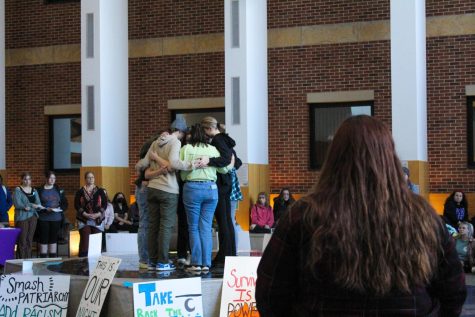
“The overturning [of Roe vs. Wade] shows that as we go on in time, there are people in power that do not have the best interest in mind [of people assigned female at birth],” Wahl said.
The event this year did not disappoint in regards to participation or numbers, especially when considering how much street space the march after the event took up. Students and faculty of Winona State as well as other community members occupied more than an entire block and were not afraid to momentarily split in half to pause for traffic because of the size of the group.
Before the march, there was a dance performance, two singing performances and poetry performed by Winona State University students. Destiny, the confidential advocate from the OASIS Winona Advocacy Center, made a statement regarding the resources available for students and community members to use as well.
Destiny supports students who have experienced gender-based violence regardless of gender identity or sexuality; some of the things that Destiny provides includes safety planning, providing emotional support, safe homing, providing financial support, assisting through the title IX process and more.
“I think it is important for people to know that we understand their pain and that we’re fighting to create safer spaces,” Destiny stated. “I also think that it is amazing that Take Back the Night creates a space for victims/survivors to speak their truth, there are few places where they can do that.”
One of the performances of the night was a poem written and performed by Cassidy Daniel, another Winona State student who spoke at last year’s event as well. Daniel’s poem commented on how patriarchal systems of oppression are inherently racist, which creates a system of oppression of intersecting identities.
“As an advocate, my goal is to prioritize and provide a platform to support those voices in my community that go silent and encourage others to follow in my footsteps in doing the same,” Daniel stated.
Another performance was a dance performance by Winona State student Ava Lawson. Lawson’s dance piece, titled “August 21st”, reenacts Lawson’s experience with sexual assault just last year. The dance was also performed at this year’s showing of Dancescape, and was a perfect addition to Take Back the Night.
“At the end of my piece, when I’m touching my throat, chest, pelvic area, butt, and then back to my neck and the back of my head, that is my way of showing that I’m reclaiming my body and identity after my abuser took it all away from me,” Lawson said. “For months, I was embarrassed of what happened to me, and I was so scared to come forward about it because there’s also such a negative stigma around survivors, but I will not be silent anymore.”
The theory of “Himpathy” is discussed in the WGSS Senior Seminar class and is a huge factor in sexual assault cases in the United States and other areas. “Himpathy” is the idea that perpetrators, usually male, of sexual assault are given an innappropriate amount of sympathy, especially if they have shown positive attributes in other aspects of their lives.
“Oh, but that’s a promising young man; he grew up to be a great doctor and had a wife and kids,” Karina Kphan, a student organizer, said, in relation to how many people talk about men who are perpetrated for sexual assault charges.
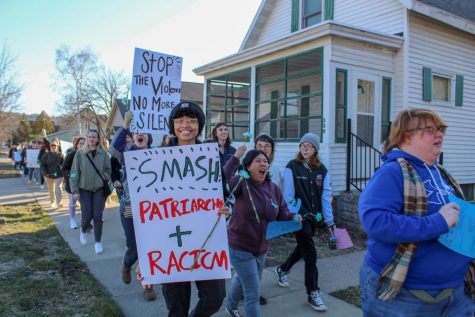
This was especially prevalent in 2015’s People v. Turner case, where Brock Turner, who was charged with five counts of sexual assault, was only given a sentence of six months in prison; the judge claimed him to be a “promising young man.” Turner walked free after serving only three months behind bars.
This positive treatment given to undeserving offenders is not only seen often but a lot of the times expected, which makes victims fearful and unwilling to come out about their experiences because of fears that nothing will come out of it.
If you or someone you know has experienced sexual assault and are looking for support, the WSU Campus OASIS Advocacy Center is located in Gildemeister Hall, and you can contact Destiny, Winona State’s campus confidential advocate at [email protected]. As the website states, the Advocacy Center is open for those who are “seeking solace and a safe, quiet space for reflection and support.”
Cassidy Bos, another student organizer of the event, explained that in regards to survivors, no one is marginal, that you have a voice and Take Back the Night is the opportunity to be reminded of that.
“[Survivors] have a community of people that are willing to march and scream for them,” Bos said.























































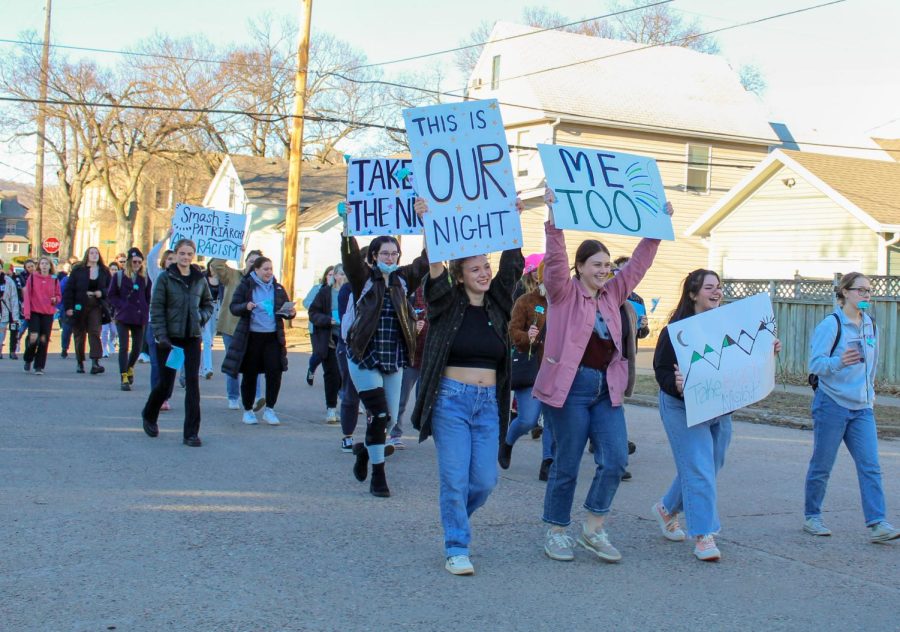
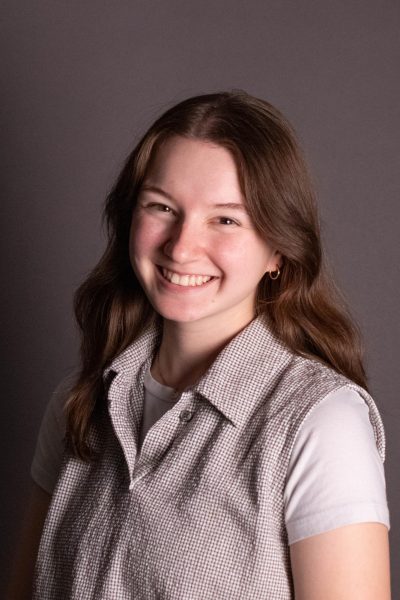





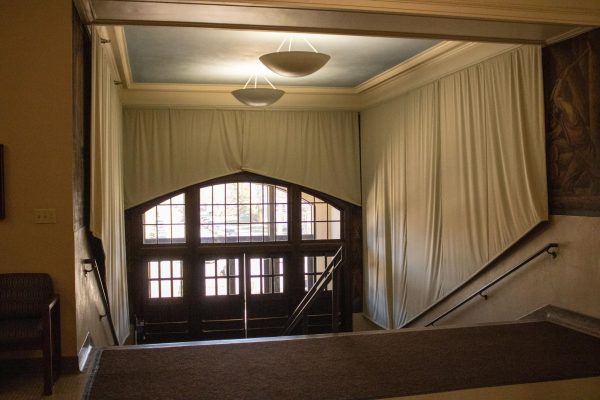
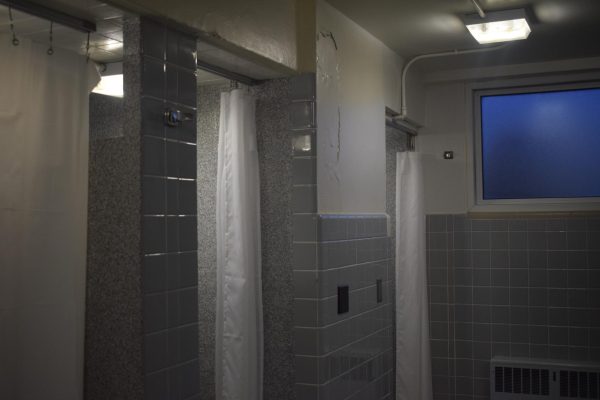
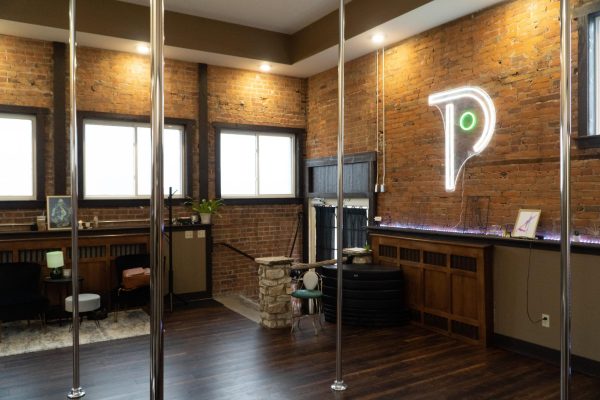
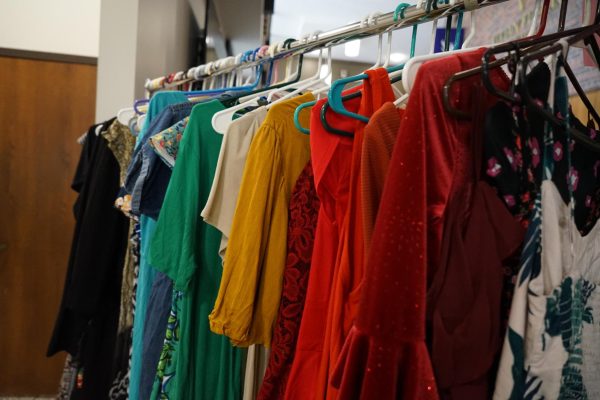
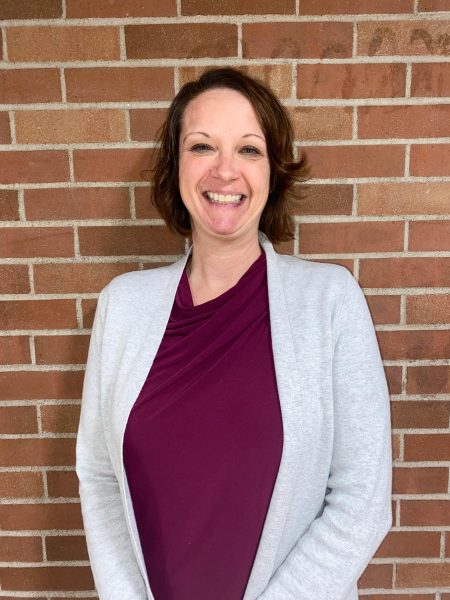
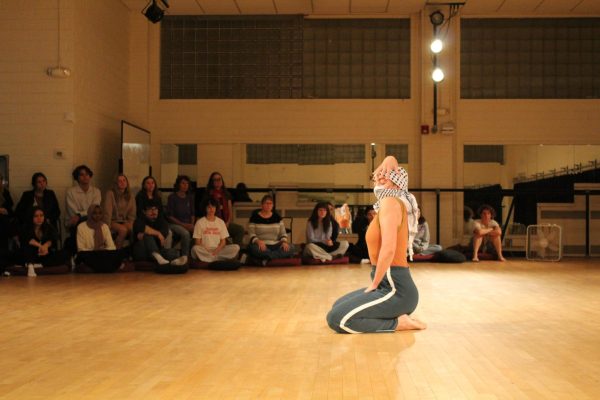
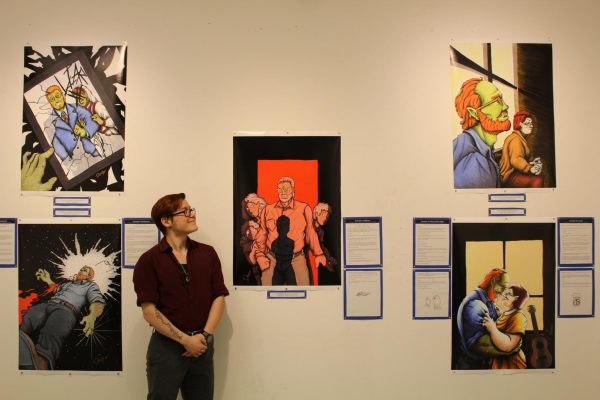
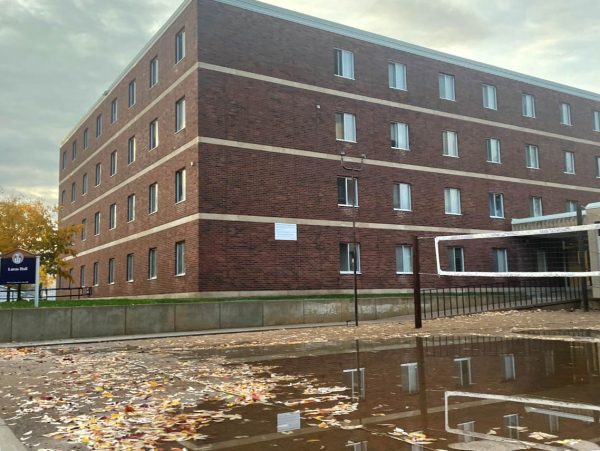
Dylan • Apr 12, 2023 at 3:12 pm
I found the hook to be very offensive as it gives a highly bias claim that men do not endure sexual violence. As a reader, I expect non-bias journalism. but to see the first sentence and how the rest of the article pans out, and mind you this isn’t to downplay the importance of this event or survivors of assault, it deters me from pursuing further to read the real meaning of this article and how it’s meant to exhibit the importance of healing, and fighting back against gender-based violence. I felt like I shouldn’t read further as the journalist made the introduction to seem as though cis men never endure assault or are never checking their cars for foreign devices such as explosives or trackers, locking doors from intruders, or even their shoulders for a potential assailant. I’m not here to spread hate, or downplay how important it is to keep sexual offenders to their just punishments, but to begin with highly bias language and leaving out a group of people, you lose a good portion of your readers as you make them seem less important. My apologies for being to forward, but I would like the Winonan to do better for the community as the professionals we all expect you to be. Sexual assault has no gender, and while the article makes note of this, it can easily be skipped as the first sentence declares otherwise. Thank you for your time, and have a wonderful rest of your day.